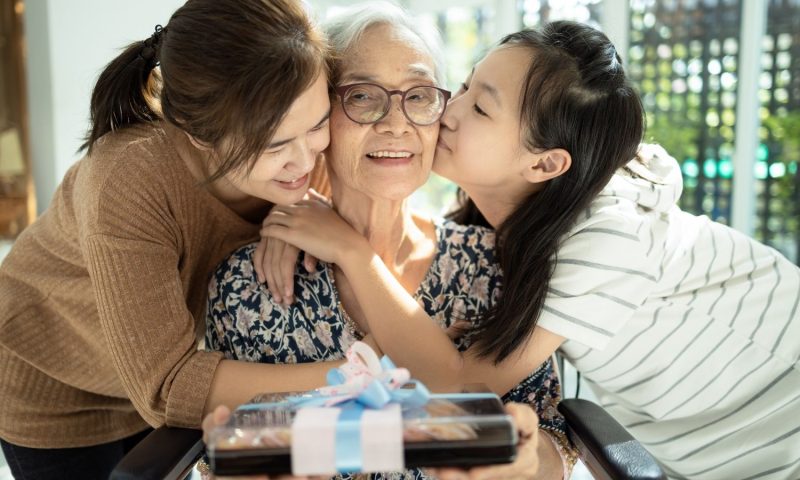While it’s natural to feel alone at times, loneliness can evolve into serious mental and physical health implications. One of the key demographics to watch out for with loneliness is seniors. As people age, social connections and engagements occur less frequently. Here are some tips on how to help a senior overcome loneliness.
Check In Often
If you have an older relative in assisted living or at home by themselves, one of the best ways to help them curb feelings of isolation, depression, or loneliness is to check in often. Assuming they’re close by, it doesn’t hurt to stop by and bring lunch, tea, or a healthy snack. Sit down and enjoy a meal. Then, talk to them or lend a listening ear. Ultimately, home visits are a great way for seniors to socialize with you. Help them find a new hobby, like puzzles or word searches, that keep their brains engaged and alert.
Get Them a Pet
Another great way to prevent loneliness is with a pet! There are many benefits of companion pets for older adults. Whether it’s a cat or a dog, a furry friend provides key physical and mental health benefits for seniors. For example, taking care of a cat or dog keeps seniors active. It takes energy to feed, bathe, and care for a pet. Also, pets curb loneliness and isolation. Your older friend or relative will not feel as alone with a pet beside them. Consider a cat or dog, as these animals provide exceptional comfort and security for older adults.
Take Them for Walks
Another great way to help a senior overcome lonelinessis through outdoor walks. A stroll through the city is a great way to help seniors socialize with others. Even if you’re walking through the park, doing so engages physical and mental functions. Walking itself is a great low-impact physical activity. Doing so in an assisted living facility further increases the chance of running into friends or neighbors for your older parent or loved one to socialize with.
